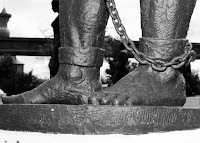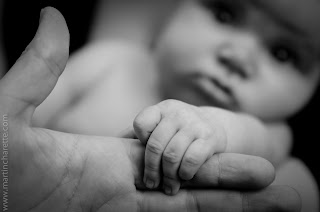I have no personal experience with the cost of wipes --I never bought any. They were around, but like the cloth diapers I washed instead of buying new ones all the time, I used cloth --those little baby face cloths, specifically. Water and a cloth: as high tech as possible, obviously. That's me.
There are a number of reasons I can think of to avoid buying disposable wipes, but the one that leaps to mind in this era of the Environmentalist, is Reduce~Reuse~Recycle. Buying a dozen cloths once is quite different from buying cases and cases of disposable wipes, all neatly packaged in disposable containers. Apart from the garbage they create, there is the inability to re-use them, and the fact that they are neither biodegradable nor recyclable.
The cost difference from name-brand wipes to cloth wipes is incredible. In hours-of-work necessary, after taxes the cost a month's supply can be a whole day's work --or more. Somewhere around $40-50 a case in bulk (and a lot more one package at a time) after taxes at minimum wage, is about 10 hours. If mom and dad both work, and pay for daycare, the number of hours necessary to work just to buy wipes rises dramatically.
Boil four cups of water and let it cool (perfect for a busy Mom cause I forget about it anyways)
Mix in 1 tablespoon body wash (I use the kids' Melaleuca) and three or four drops of tea tree oil (you can add lavender as well if you like but I don’t have any of that at home today)
Take the cardboard out of one roll of paper towels and put them in a plastic container with a lid that will fit them.
Pour some of the water over the paper towels
Flip them over
Pour some more water over
Flip them over again and pour the rest on
Available to use
....I am breaking a sweat now....
I replied: You. Are. A. Super. Hero. I'm wiped.
_____________________
Photo (Butt Wipes, by basykes) used with permission (Creative Commons, attrib)




